Nominations of EPFL professors

© 2013 EPFL
During its July session, the ETH Board nominated 12 new EPFL professors.
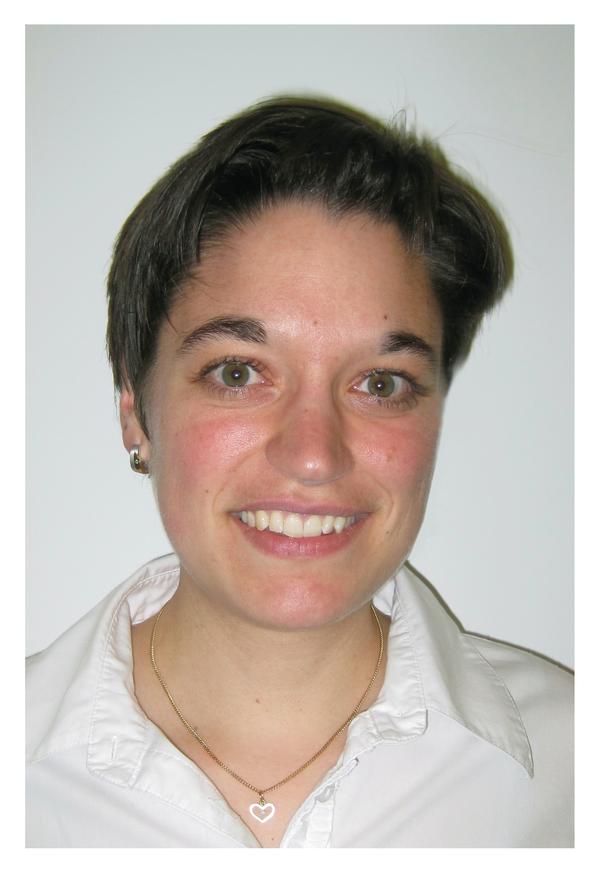 Esther Amstad currently Post-Doctoral Researcher at Harvard University in Cambridge, USA, as Tenure Track Assistant Professor of Materials Science (STI). Esther Amstad is an innovative young scientist who has already acquired substantial expertise in the science of surfaces, soft matter and microfluidics. Located at the intersection between physics, chemistry, biology and materials science, her research can be used as a basis for material treatment in the creation, for example, of nanoparticles. The appointment of Esther Amstad provides an excellent role model for young scientists, and enables EPFL to strengthen its research and teaching activities in the field of materials science.
Esther Amstad currently Post-Doctoral Researcher at Harvard University in Cambridge, USA, as Tenure Track Assistant Professor of Materials Science (STI). Esther Amstad is an innovative young scientist who has already acquired substantial expertise in the science of surfaces, soft matter and microfluidics. Located at the intersection between physics, chemistry, biology and materials science, her research can be used as a basis for material treatment in the creation, for example, of nanoparticles. The appointment of Esther Amstad provides an excellent role model for young scientists, and enables EPFL to strengthen its research and teaching activities in the field of materials science.
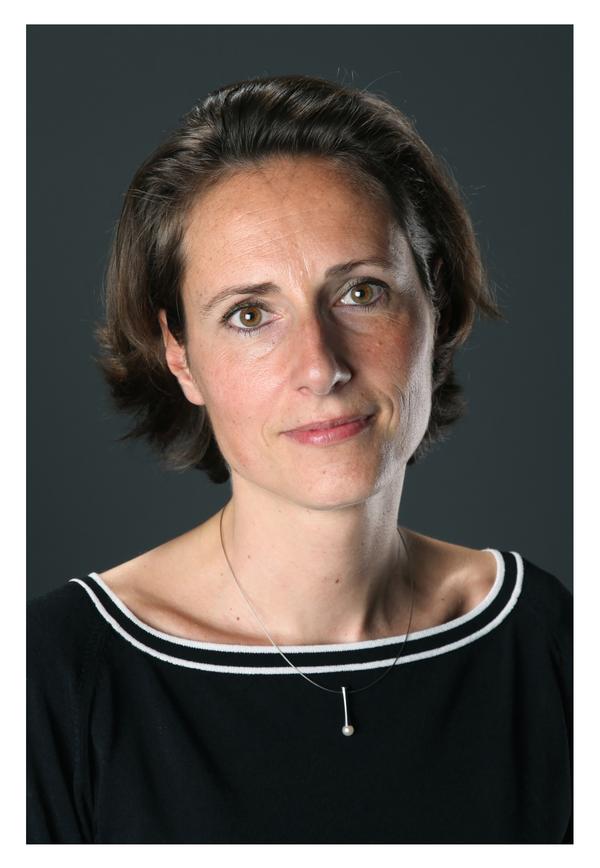 Professor Marilyne Andersen, currently Associate Professor at EPFL, as Full Professor of Sustainable Construction Technologies (ENAC).Andersen is a physics engineer, specialized in daylighting and passive solar strategies for buildings with a highly acclaimed scientific career. Assistant then Associate Professor at the Massachusetts Institute of Technology, Cambridge, USA, she joined the School of Architecture, Civil and Environmental Engineering at EPFL in 2010 where she pursues pioneering work in comfort and health implications of daylight as well as low-energy building technologies. This interdisciplinary focus at the interface between the domains of architectural design, building engineering and more fundamental science has opened new development and cooperation perspectives between otherwise remote research fields. Marilyne Andersen will become Dean of the ENAC School on September 1, 2013.
Professor Marilyne Andersen, currently Associate Professor at EPFL, as Full Professor of Sustainable Construction Technologies (ENAC).Andersen is a physics engineer, specialized in daylighting and passive solar strategies for buildings with a highly acclaimed scientific career. Assistant then Associate Professor at the Massachusetts Institute of Technology, Cambridge, USA, she joined the School of Architecture, Civil and Environmental Engineering at EPFL in 2010 where she pursues pioneering work in comfort and health implications of daylight as well as low-energy building technologies. This interdisciplinary focus at the interface between the domains of architectural design, building engineering and more fundamental science has opened new development and cooperation perspectives between otherwise remote research fields. Marilyne Andersen will become Dean of the ENAC School on September 1, 2013.
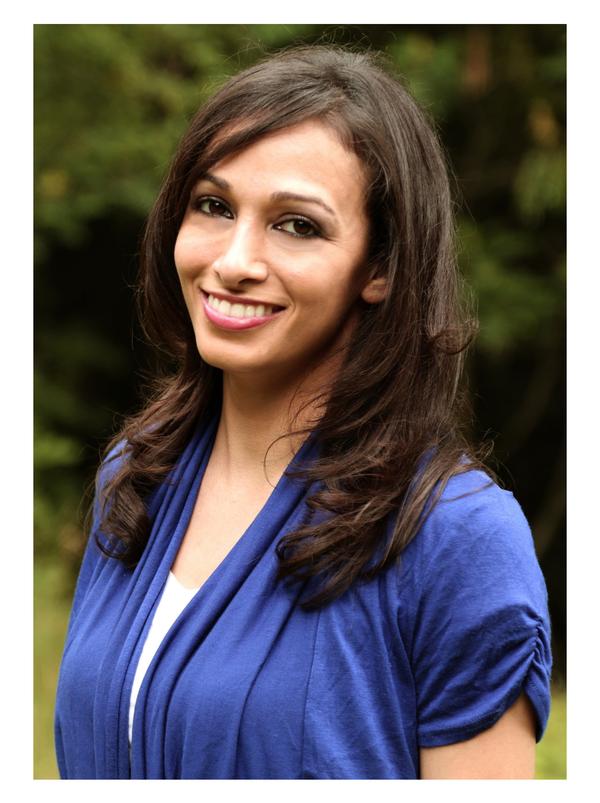 Dr Ardemis Boghossian, currently Post-Doctoral Researcher at the California Institute of Technology, Pasadena, USA, as Tenure Track Assistant Professor of Chemical Process Engineering (SB). Ardemis Boghossian is a highly promising young scientist who has demonstrated a great talent for research and teaching in her work to date. Through her focal points in the fields of electrochemical systems and biosensors, she contributes to new strategies in the bioengineering of nanomaterials for energy technology and biomedical applications. At EPFL, Ardemis Boghossian will make important contributions to the development of new biological and biochemical methods for the production of durable hybrid nanomaterials.
Dr Ardemis Boghossian, currently Post-Doctoral Researcher at the California Institute of Technology, Pasadena, USA, as Tenure Track Assistant Professor of Chemical Process Engineering (SB). Ardemis Boghossian is a highly promising young scientist who has demonstrated a great talent for research and teaching in her work to date. Through her focal points in the fields of electrochemical systems and biosensors, she contributes to new strategies in the bioengineering of nanomaterials for energy technology and biomedical applications. At EPFL, Ardemis Boghossian will make important contributions to the development of new biological and biochemical methods for the production of durable hybrid nanomaterials.
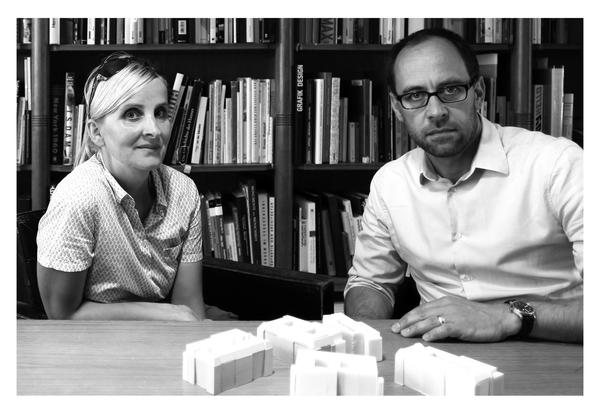 Dr Anja Fröhlich and Martin Fröhlich, currently practising architects in Berlin, Germany, as Associate Professors of Architecture (ENAC).Through the restoration of Freudenstein Castle at Freiberg in the German state of Saxony, Anja and Martin Fröhlich have established themselves as leaders in their field. They succeeded in uncovering the various architectural origins of the building and incorporating them into the castle's current use as a museum. Both Anja and Martin Fröhlich have a record of academic achievement and have taught at German universities.
Dr Anja Fröhlich and Martin Fröhlich, currently practising architects in Berlin, Germany, as Associate Professors of Architecture (ENAC).Through the restoration of Freudenstein Castle at Freiberg in the German state of Saxony, Anja and Martin Fröhlich have established themselves as leaders in their field. They succeeded in uncovering the various architectural origins of the building and incorporating them into the castle's current use as a museum. Both Anja and Martin Fröhlich have a record of academic achievement and have taught at German universities.
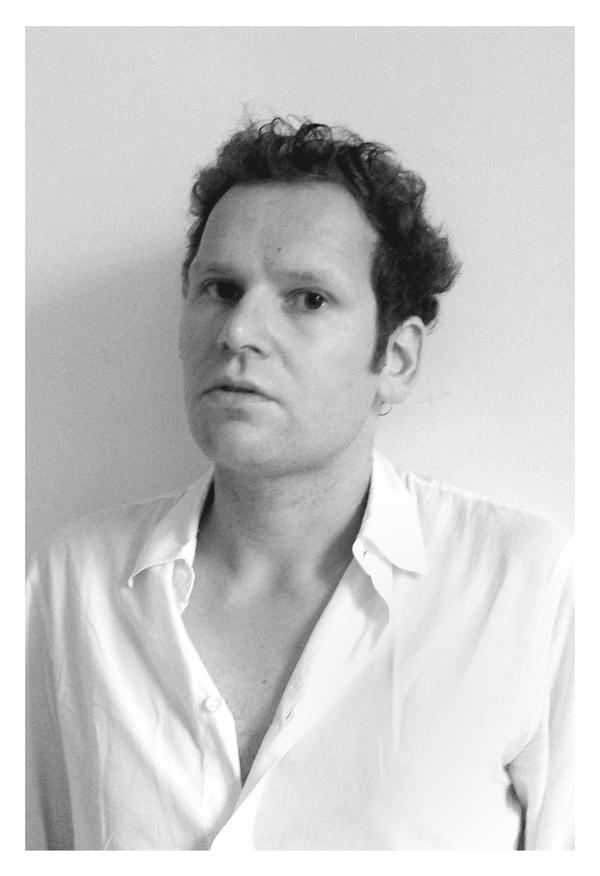 Kersten Geers, currently a practising architect in Brussels, Belgium, as Associate Professor of Architecture. Kersten Geers is a renowned architect with a promising future (ENAC). Kersten Geers is a renowned architect with a promising future. In 2002, he created the Office Kersten Geers David Van Severen with his working partner David Van Severen. His best-known project to date is the Belgian Pavilion at the Venice Biennale of Architecture in 2008. He boasts a record of academic achievement, has been published in the most renowned European architecture journals and has taught inter alia at Graz University of Technology, Austria, as well as at the Academy of Architecture of the Università della Svizzera Italiana in Mendrisio.
Kersten Geers, currently a practising architect in Brussels, Belgium, as Associate Professor of Architecture. Kersten Geers is a renowned architect with a promising future (ENAC). Kersten Geers is a renowned architect with a promising future. In 2002, he created the Office Kersten Geers David Van Severen with his working partner David Van Severen. His best-known project to date is the Belgian Pavilion at the Venice Biennale of Architecture in 2008. He boasts a record of academic achievement, has been published in the most renowned European architecture journals and has taught inter alia at Graz University of Technology, Austria, as well as at the Academy of Architecture of the Università della Svizzera Italiana in Mendrisio.
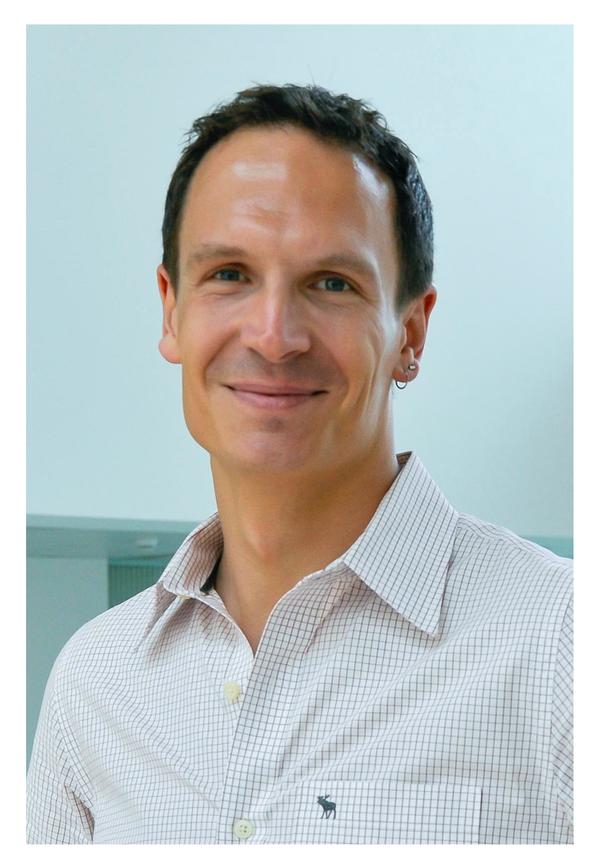 Dr Johannes Gräff, currently Post-Doctoral Researcher at the Massachusetts Institute of Technology (MIT) in Cambridge, USA, as Tenure Track Assistant Professor in Life Sciences (SV). Johannes Gräff is a promising biologist who has attracted international attention through his research projects at the prestigious MIT. He was the first to demonstrate that epigenetic mechanisms can lead to a progressive loss of nerve cells and neurological symptoms such as dementia. With his profile and visionary research programme, Johannes Gräff is a great enhancement for EPFL. His interdisciplinary approach will lead to close collaboration with teams in the fields of neurosciences, molecular biology and genetics.
Dr Johannes Gräff, currently Post-Doctoral Researcher at the Massachusetts Institute of Technology (MIT) in Cambridge, USA, as Tenure Track Assistant Professor in Life Sciences (SV). Johannes Gräff is a promising biologist who has attracted international attention through his research projects at the prestigious MIT. He was the first to demonstrate that epigenetic mechanisms can lead to a progressive loss of nerve cells and neurological symptoms such as dementia. With his profile and visionary research programme, Johannes Gräff is a great enhancement for EPFL. His interdisciplinary approach will lead to close collaboration with teams in the fields of neurosciences, molecular biology and genetics.
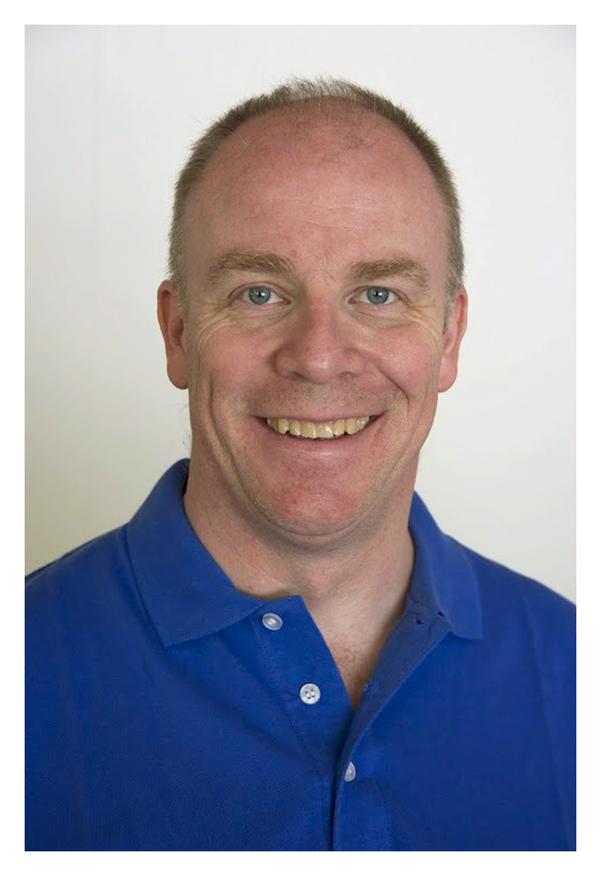 Professor Anders Hagfeldt, currently Full Professor at Uppsala University, Sweden, as Full Professor of Physical Chemistry (SB). Anders Hagfeldt is regarded as one of the world's leading researchers into dye-sensitised solar cells. Using various methods and new nanostructured materials, he and his research team have succeeded in substantially improving the efficiency of these third-generation solar cells. Anders Hagfeldt is regarded as a highly creative scientist who throughout his fundamental research never loses sight of the industrial application. His appointment significantly strengthens EPFL's global position in the field of solar cell research.
Professor Anders Hagfeldt, currently Full Professor at Uppsala University, Sweden, as Full Professor of Physical Chemistry (SB). Anders Hagfeldt is regarded as one of the world's leading researchers into dye-sensitised solar cells. Using various methods and new nanostructured materials, he and his research team have succeeded in substantially improving the efficiency of these third-generation solar cells. Anders Hagfeldt is regarded as a highly creative scientist who throughout his fundamental research never loses sight of the industrial application. His appointment significantly strengthens EPFL's global position in the field of solar cell research.
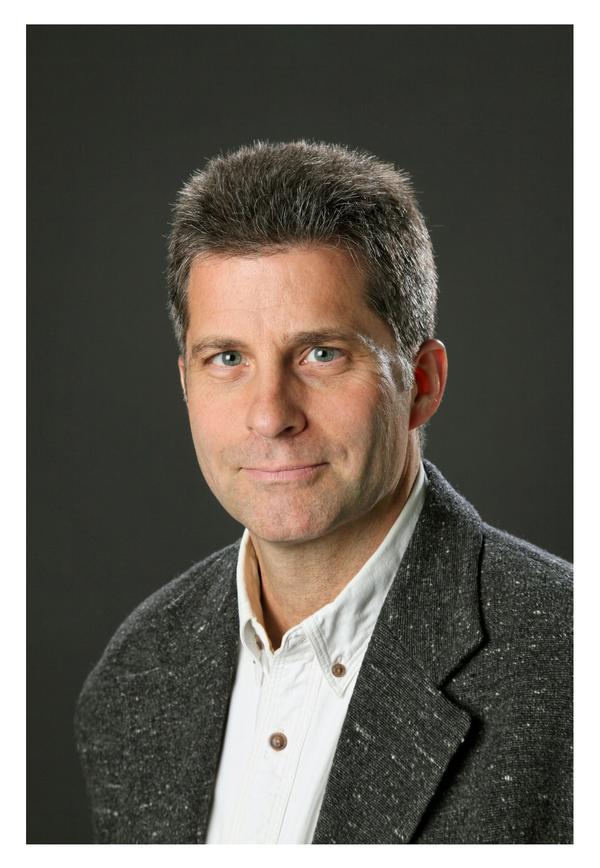 Professor Christof Holliger, currently Associate Professor at EPFL, as Full Professor of Environmental Biotechnology (ENAC). Christof Holliger is an internationally recognised environmental microbiologist. His research work is behind major advances in the methods of analysing biological processes. In particular, he has successfully tracked the development of microbial communities under different environmental influences by examining the breakdown products of bacteria and enzymes. Christof Holliger's findings are used today in the biological rehabilitation of contaminated soil, for example.
Professor Christof Holliger, currently Associate Professor at EPFL, as Full Professor of Environmental Biotechnology (ENAC). Christof Holliger is an internationally recognised environmental microbiologist. His research work is behind major advances in the methods of analysing biological processes. In particular, he has successfully tracked the development of microbial communities under different environmental influences by examining the breakdown products of bacteria and enzymes. Christof Holliger's findings are used today in the biological rehabilitation of contaminated soil, for example.
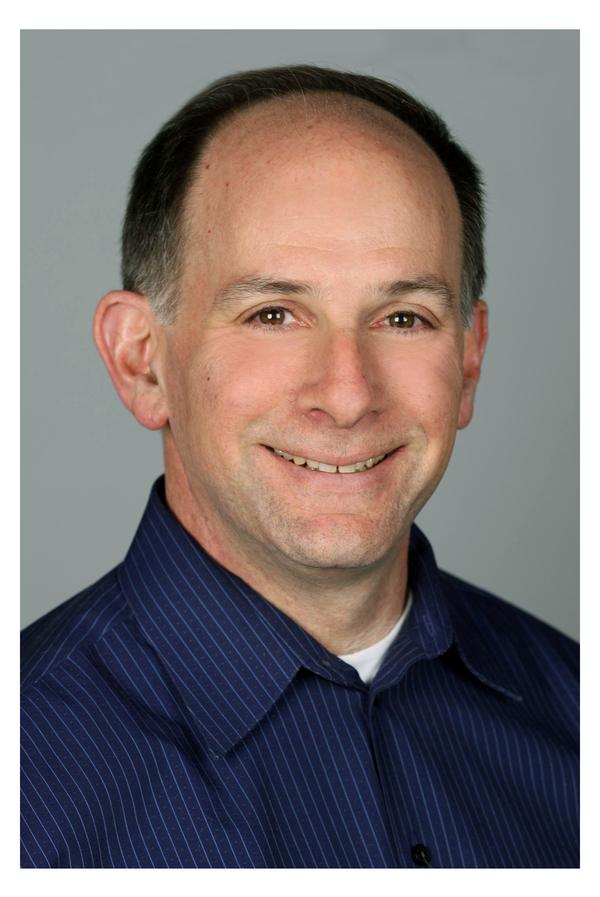 Professor James Larus, currently Principal Researcher at Microsoft Research in Redmond, Washington, USA, as Full Professor of Computer and Communication Sciences (IC). Following an impressive scientific career that culminated in the position of Associate Professor at the University of Wisconsin-Madison in the USA, James Larus joined Microsoft Research where in recent years he made a major contribution to developing key programs for the IT firm. His is regarded inter alia as a specialist in methods of improving the stability of computer programs and in cloud computing. The appointment of the internationally highly respected James Larus enables EPFL to continue its successful strategy in the field of computer science. James Larus will be Dean of the School of Computer and Communications Science from October 15.
Professor James Larus, currently Principal Researcher at Microsoft Research in Redmond, Washington, USA, as Full Professor of Computer and Communication Sciences (IC). Following an impressive scientific career that culminated in the position of Associate Professor at the University of Wisconsin-Madison in the USA, James Larus joined Microsoft Research where in recent years he made a major contribution to developing key programs for the IT firm. His is regarded inter alia as a specialist in methods of improving the stability of computer programs and in cloud computing. The appointment of the internationally highly respected James Larus enables EPFL to continue its successful strategy in the field of computer science. James Larus will be Dean of the School of Computer and Communications Science from October 15.
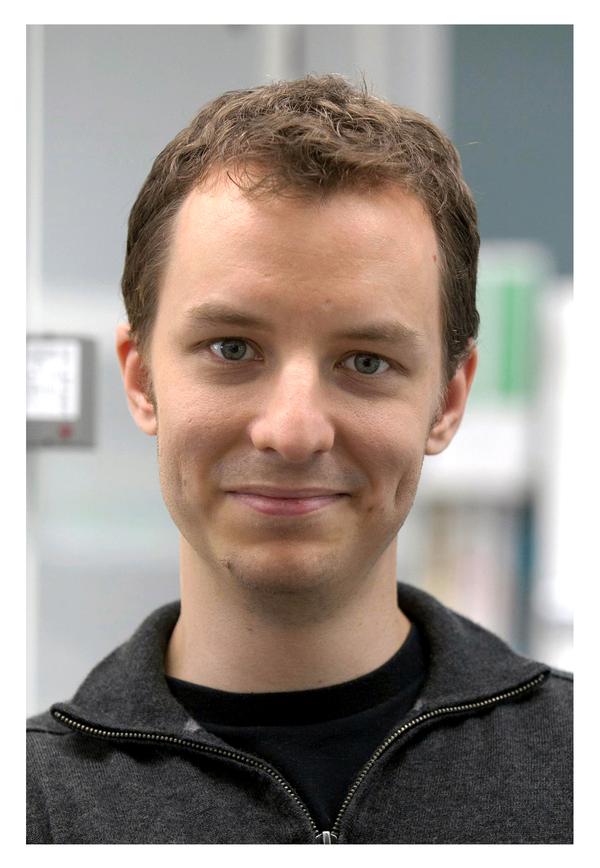 Dr Jeremy Luterbacher, currently Post-Doctoral Researcher at the University of Wisconsin-Madison in Madison, USA, as Tenure Track Assistant Professor of Chemical Process Engineering (SB). Jeremy Luterbacher is a creative young scientist who has already positioned himself internationally. One of the focal points of his research is the pre-treatment of biomass, with a view to the more efficient conversion of lignocellulose into biofuels. His work focuses in parallel on simulation methods that allow the modelling and evaluation of technologies for biomass conversion. Jeremy Luterbacher significantly strengthens EPFL's competence in the field of sustainable biomass use for the production of liquid hydrocarbons.
Dr Jeremy Luterbacher, currently Post-Doctoral Researcher at the University of Wisconsin-Madison in Madison, USA, as Tenure Track Assistant Professor of Chemical Process Engineering (SB). Jeremy Luterbacher is a creative young scientist who has already positioned himself internationally. One of the focal points of his research is the pre-treatment of biomass, with a view to the more efficient conversion of lignocellulose into biofuels. His work focuses in parallel on simulation methods that allow the modelling and evaluation of technologies for biomass conversion. Jeremy Luterbacher significantly strengthens EPFL's competence in the field of sustainable biomass use for the production of liquid hydrocarbons.
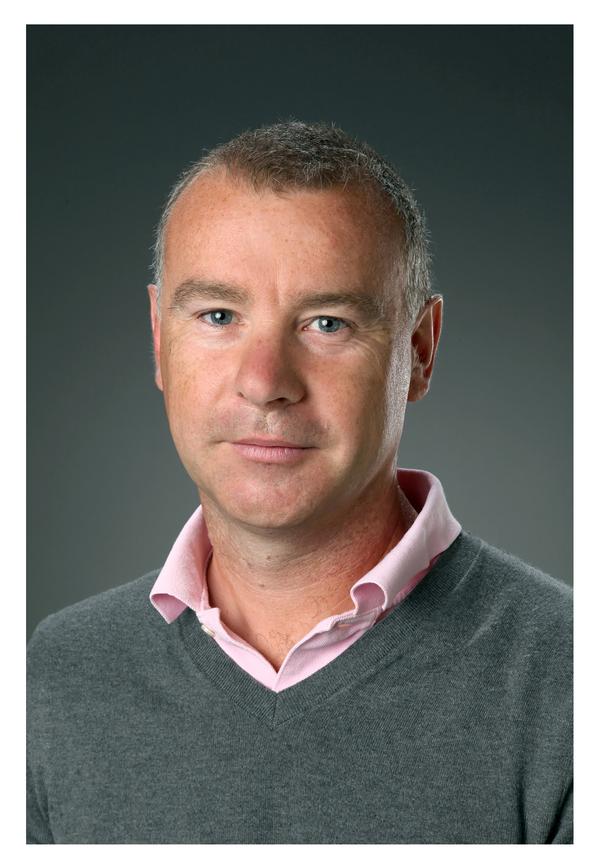 Professor Dominique Pioletti, currently Tenure Track Assistant Professor at EPFL, as Associate Professor of Translational Biomechanics (STI).Dominique Pioletti is an internationally recognised expert in biomechanics. As Director of the Laboratory of Biomechanical Orthopaedics, he undertakes interdisciplinary research into the human locomotive system. He is considered, in particular, to be a pioneer in the development of orthopaedic implants that dispense drugs. With his strong commitment to teaching, Dominique Pioletti has also succeeded in establishing the highest standard of training for new talents in biomechanics at EPFL.
Professor Dominique Pioletti, currently Tenure Track Assistant Professor at EPFL, as Associate Professor of Translational Biomechanics (STI).Dominique Pioletti is an internationally recognised expert in biomechanics. As Director of the Laboratory of Biomechanical Orthopaedics, he undertakes interdisciplinary research into the human locomotive system. He is considered, in particular, to be a pioneer in the development of orthopaedic implants that dispense drugs. With his strong commitment to teaching, Dominique Pioletti has also succeeded in establishing the highest standard of training for new talents in biomechanics at EPFL.
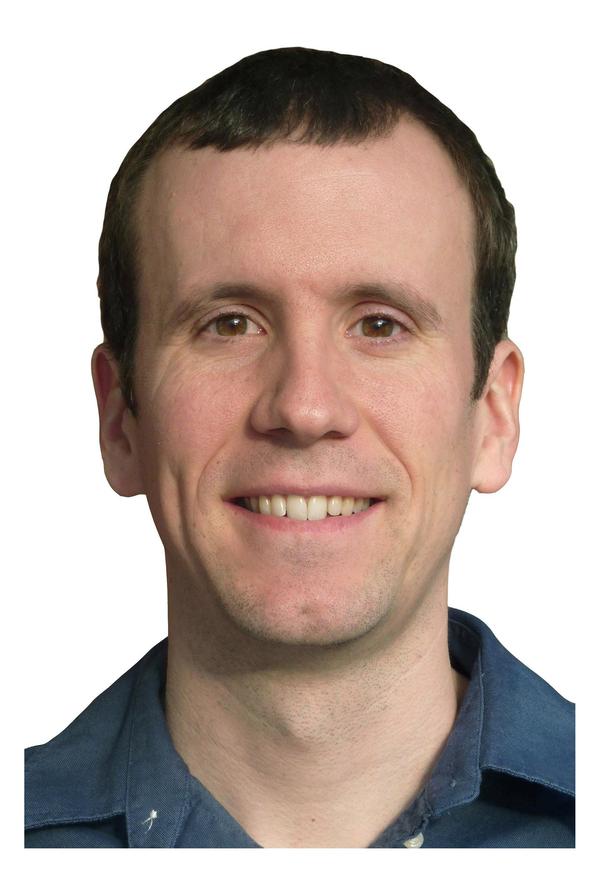 Dr David Suter, since 1 June 2013 SNSF Professor at EPFL, as Tenure Track Assistant Professor in Life Sciences (SV). David Suter is a physician who, through his world-acclaimed research, has focused on the behaviour of stem cells. To improve understanding in this area, he conducted pioneering work by examining molecular mechanisms at individual cell level – and not with relatively homogenous stem cell cultures. For his work, he developed highly sophisticated procedures and relied on methods of computer-aided biology for the purpose of analysing the results. David Suter's promising research programme further strengthens EPFL's international reputation in the field of life sciences.
Dr David Suter, since 1 June 2013 SNSF Professor at EPFL, as Tenure Track Assistant Professor in Life Sciences (SV). David Suter is a physician who, through his world-acclaimed research, has focused on the behaviour of stem cells. To improve understanding in this area, he conducted pioneering work by examining molecular mechanisms at individual cell level – and not with relatively homogenous stem cell cultures. For his work, he developed highly sophisticated procedures and relied on methods of computer-aided biology for the purpose of analysing the results. David Suter's promising research programme further strengthens EPFL's international reputation in the field of life sciences.